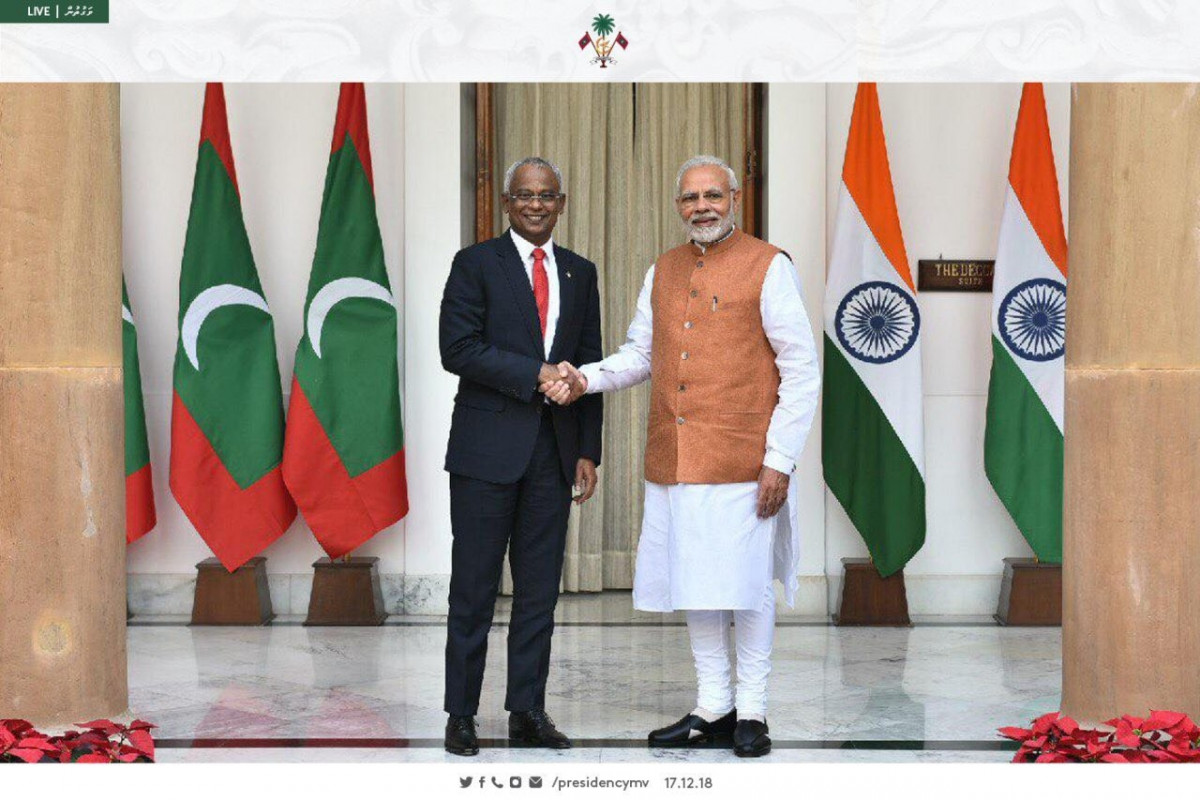Verdicts violating constitution need not be followed: Ex-President Gayoom
Gayoom's comments comes hours after the apex court named itself to be the authority charged with ratifying future no-confidence motions against members of government


Former President Maumoon Abdul Gayoom at a press conference
Verdicts that contradict the constitution are unlawful and therefore do not need to be accepted and followed, former President Maumoon Abdul Gayoom has said hours after a controversial Supreme Court ruling.
Gayoom, who is currently residing outside the Maldives, said this in a tweet on Monday hours after the apex court named itself to be the authority charged with ratifying future no-confidence motions against members of government.
“Any ruling or order that violates the constitution is unlawful and does not need to be accepted, such an order cannot be adhered to” his tweet, typed on Dhivehi, said.
On 15th May, the Attorney General’s Office filed a case seeking to disallow no-confidence motions against cabinet ministers that do not have a ‘valid basis’.
The government’s case did not specify as to what constitutes the validity of a no-confidence motion against a minister, but states that it seeks to deter politicized acts within parliament.
Article 101 of the constitution stipulates that a parliamentary vote of no-confidence can remove a minister from office, for any specified reason, if the motion receives majority support. 10 signatures are required to table a motion of no-confidence against a minister.
As per Monday’s ruling, the Supreme Court will have the final say in whether or not a minister can be removed – irrelevant of the support it receives in parliament.






